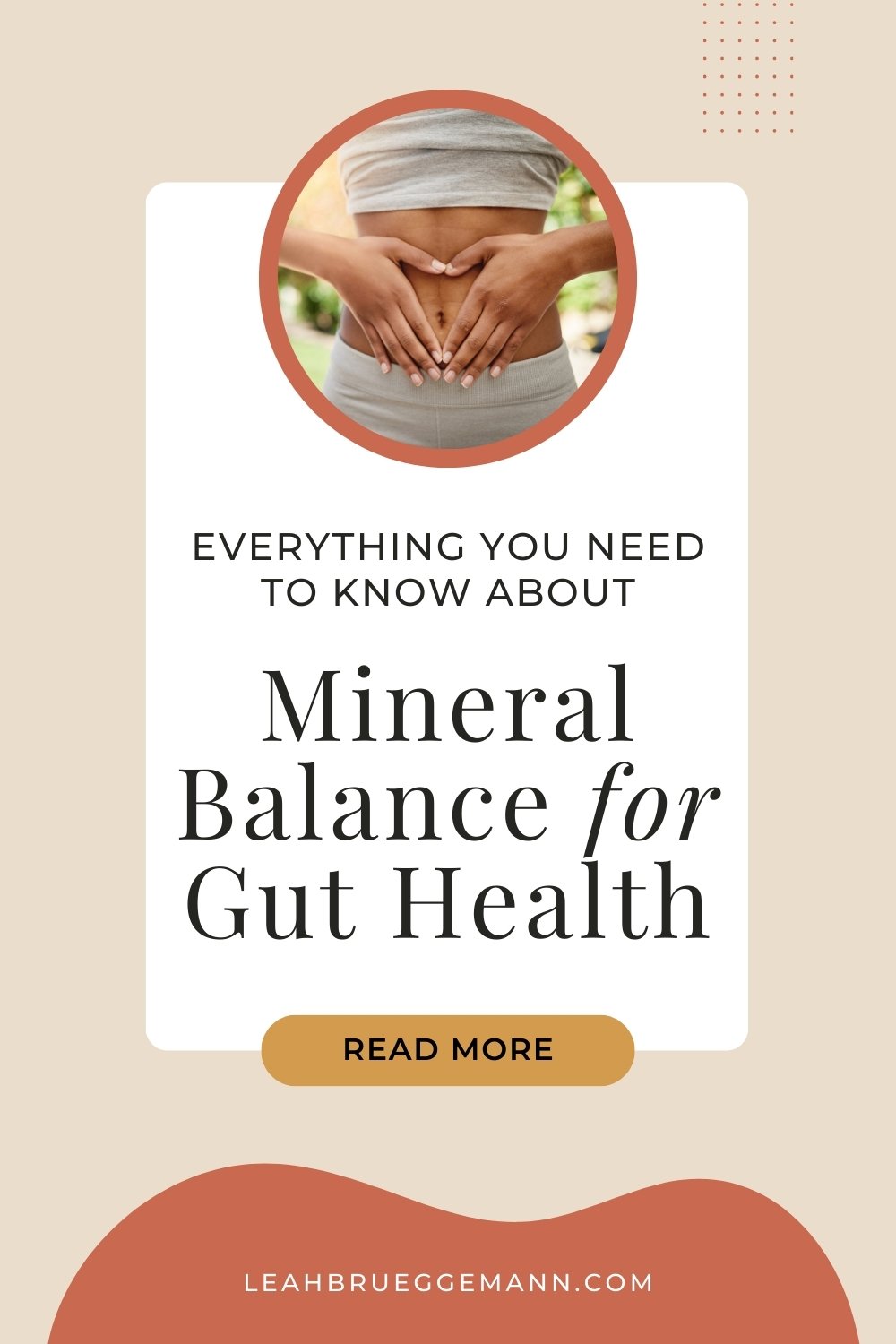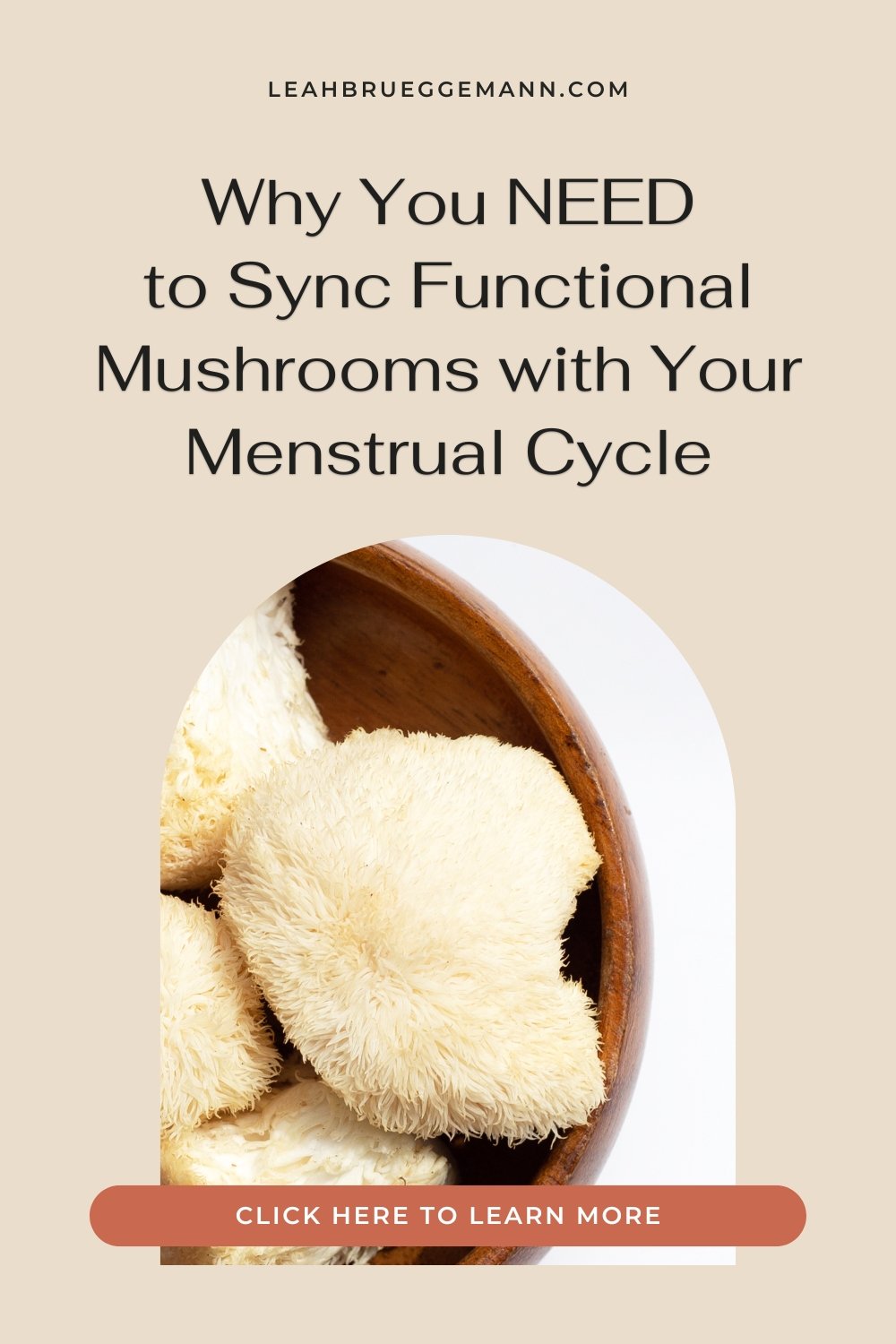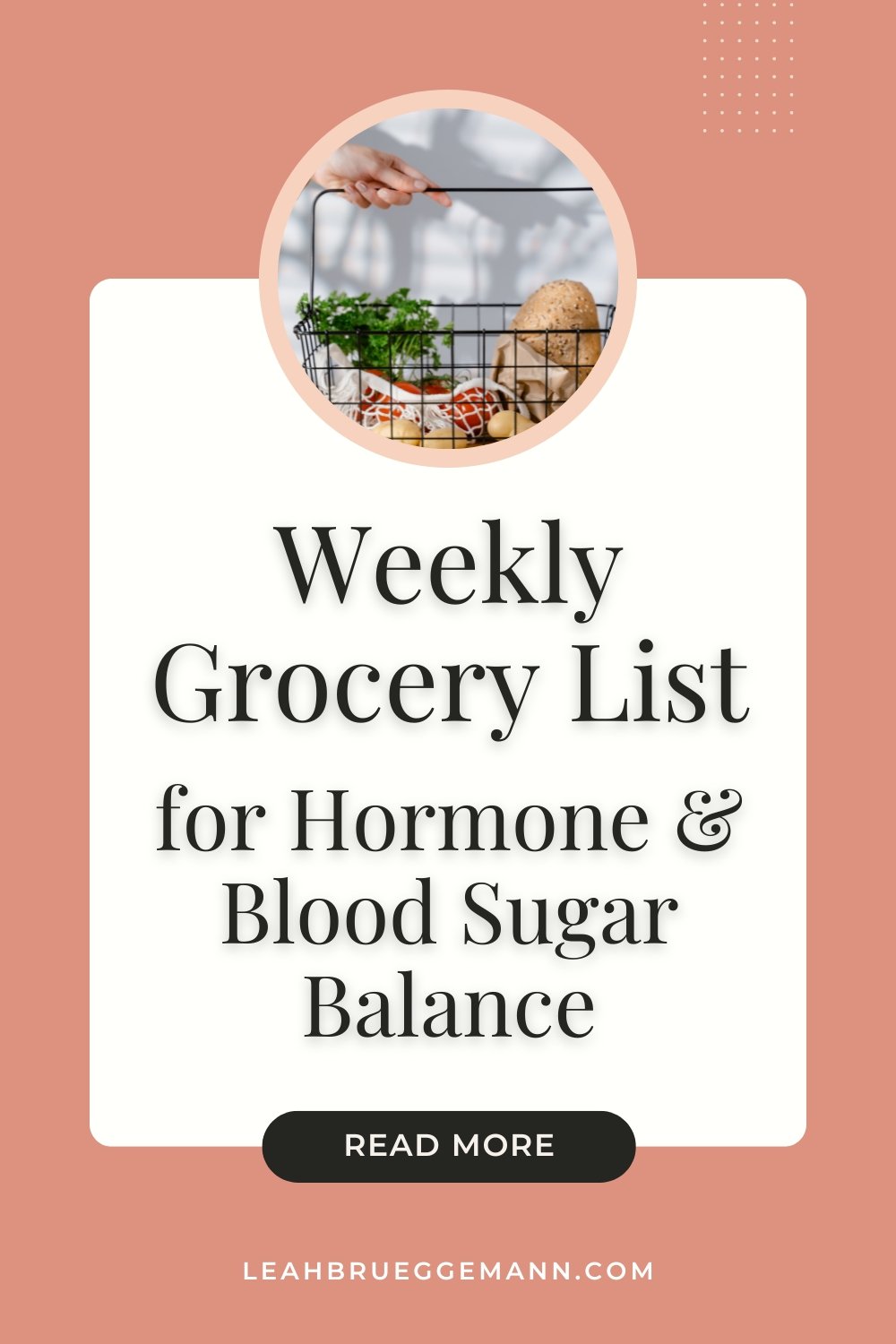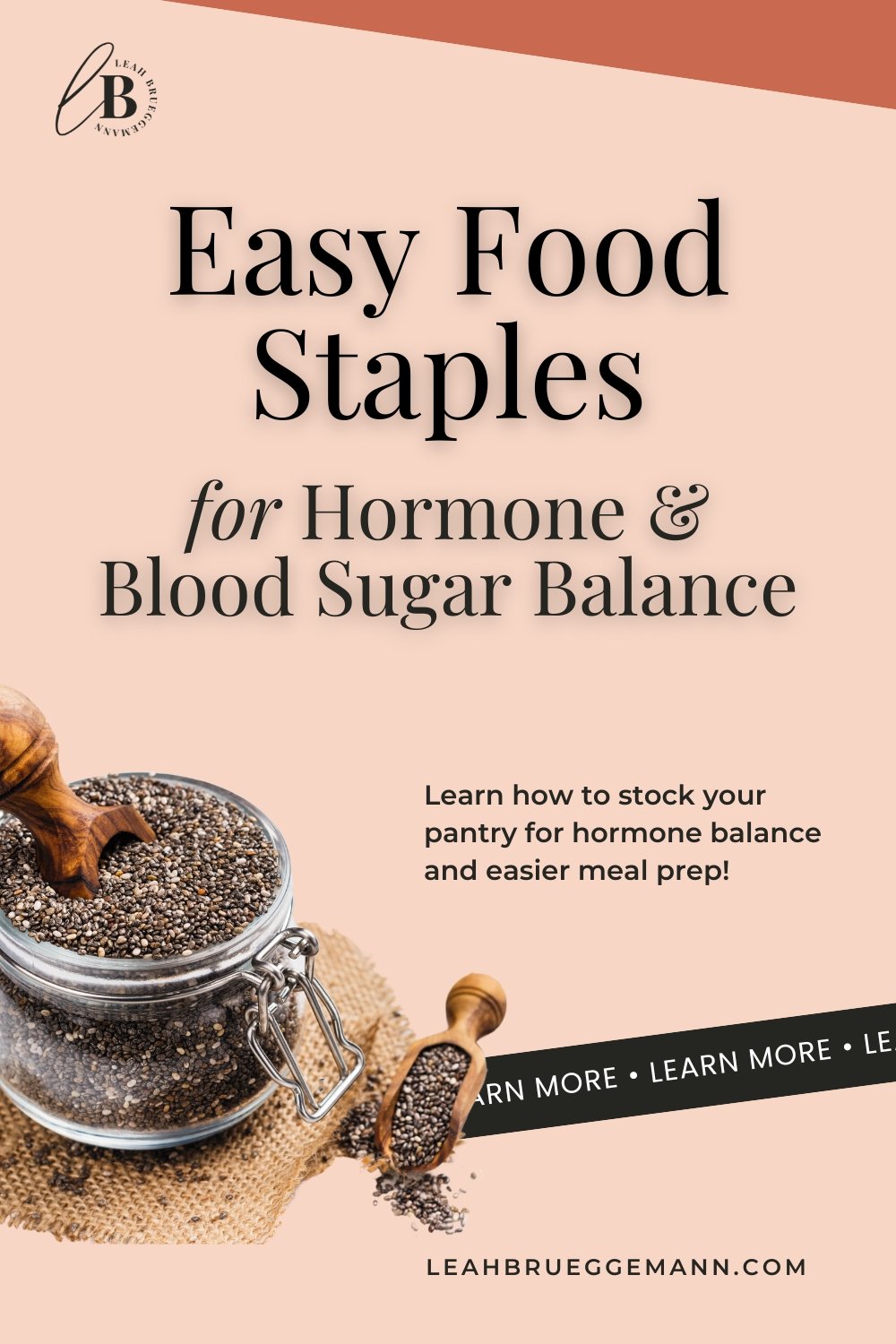Everything You Need to Know About Mineral Balance for Gut Health
Do you ever feel like "healthy eating" and “gut health” are just more health fads that don't really help? I've totally been there. I used to be all about quick convenience meals and the "I'll-deal-with-it-later" approach. But when I started having gut issues and hormonal imbalances, I knew something had to change.
My Journey to Gut Health Optimization
For most of my life, health trends and "superfoods" felt more like fads than genuine solutions. I thrived on convenience, rarely considering the impact of my diet on my overall wellbeing. That all changed when, after graduating college, I found myself facing a wave of health issues, including persistent gut problems and unexplained hormonal imbalances. Stress, it turned out, was a major factor in my health issues, and eventually led to a diagnosis of fibroadenomas – benign breast tumors.
Surgery wasn't my ideal answer. Instead, I made my way into the world of holistic health and functional medicine, determined to find the root cause of my struggles. It was during this time that I discovered the often-overlooked world of minerals – the “spark plugs” to our hormones.
Minerals, I learned, play a huge role in everything from digestion to stress management, and mineral imbalances can wreak havoc on our systems, even with a seemingly healthy diet. In my case, I especially needed to focus on increasing potassium, the "anti-stress mineral." Since stress depletes potassium stores, replenishing them with foods like avocados, coconut water, and even stinging nettle tea became a personal mission. I also discovered the benefits of high-quality Celtic sea salt, rich in essential minerals that support adrenal health and digestion.
But minerals don't work in isolation; they all work together within our bodies. Calcium, magnesium, sodium, and potassium need to be in balance before addressing others. Random supplementation without understanding this connection can disrupt this balance and potentially cause more harm than good.
So, where did I start on my own gut health journey? With simple yet impactful steps: mindful eating, focusing on mineral-rich whole foods, and actively managing stress. This holistic approach, combined with addressing the root causes of my digestive issues, led to a healthier gut and a happier life!
The Gut-Mineral Connection: More Than Just Digestion
The connection between minerals and gut health goes way beyond just aiding digestion. Here's a deeper dive into how each mineral plays a part in your health and wellbeing:
Stomach Acid: Sodium & Cobalt
Imagine stomach acid as a powerful gatekeeper, carefully unlocking the nutrients in your food. Sodium, often demonized in modern diets, is needed for producing sufficient stomach acid. This allows for proper protein breakdown and activates digestive enzymes. Cobalt, a lesser-known mineral, aids in vitamin B12 utilization, which further supports healthy stomach function. Low stomach acid, often linked to deficiencies in these minerals, can lead to a cascade of issues: incomplete digestion, nutrient malabsorption, bloating, and even increased susceptibility to harmful bacteria.
Stress Management: Potassium (The Chill Pill You Didn't Know You Needed)
When stress rears its ugly head, your fight-or-flight response kicks in, depleting your potassium stores. This mineral acts as a natural buffer, calming the nervous system and promoting digestive relaxation. In turn, proper digestion allows for optimal nutrient absorption, helping your body cope with stress more effectively. It's a beautiful cycle!
Rest and Relaxation: Magnesium
Often hailed as the "relaxation mineral," magnesium is essential for muscle relaxation and nervous system calming. It plays a key role in promoting restful sleep, which further supports gut health. Additionally, magnesium helps alleviate PMS symptoms like cramps and mood swings!
H. pylori & Absorption
This common gut bug throws a wrench into the mineral absorption process. By dampening stomach acid production, it hinders the breakdown and absorption of vital minerals like iron and calcium. This can lead to anemia, fatigue, and bone health issues. Eradicating H. pylori, under the guidance of a healthcare professional, can be important for restoring optimal mineral balance and gut health.
Food First Approach to Mineral Balance
Supplements can play a supporting role, but when it comes to minerals, food should be your first line of defense. Mother Nature has packed incredible diversity and abundance into delicious options, so let's explore some mineral powerhouses:
Potassium:
Coconut Water: This natural hydrator boasts an impressive amount of potassium, replenishing electrolytes lost through sweat or exercise. Enjoy it chilled for a refreshing pick-me-up.
Stinging Nettle Tea: Don't let the name scare you! This herbal tea is a hidden gem, brimming with potassium and other beneficial minerals. It's naturally diuretic, aiding in flushing toxins and reducing bloating.
Squashes & Celery Juice: These versatile vegetables are potassium powerhouses. Roast butternut squash for a hearty side dish or whip up a refreshing celery juice for a quick nutrient boost.
Adrenal Cocktails: Shake up a simple but mighty elixir - the adrenal cocktail. Try a combo of 1 ounce of full-fat coconut milk, 5 ounces of freshly squeezed orange juice, and a scoop of collagen peptides. This blend is pure gold for your adrenals.
Sodium: Beyond the Salt Shaker
Ditch the processed table salt laden with additives. Instead, opt for Celtic sea salt. This unrefined version contains a wider range of minerals, including sodium, magnesium, and calcium, creating a more balanced mineral profile. Use it sparingly to enhance the flavor of your food, not mask it.
Learn more about why salt is essential to our health.
Magnesium: Nature's Tranquility Tonic
Leafy Greens: Kale, spinach, collard greens – these leafy powerhouses are magnesium champions. Enjoy them in salads, smoothies, or sautéed for a burst of flavor and nutrition.
Dark Chocolate Indulgence (in moderation!): Yes, you read that right! Dark chocolate with at least 70% cocoa content is a delicious source of magnesium. Savor a small square or two for a guilt-free magnesium boost.
Nutty Goodness: Almonds, cashews, and Brazil nuts are packed with magnesium and healthy fats. Sprinkle them on salads, yogurt, or enjoy them as a mindful snack.
Seeds: Pumpkin seeds, sunflower seeds, and chia seeds are tiny nutritional powerhouses, offering magnesium alongside other essential nutrients. Add them to oatmeal, yogurt, or bake them into healthy snacks.
Learn more about seed cycling to support mineral and hormone balance.
Vitamin C:
Fruits & Veggies: Don't forget your daily dose of colorful fruits and vegetables! While not technically a mineral, vitamin C plays a key role in absorbing vital minerals like iron and calcium. Think citrus fruits, berries, bell peppers, and broccoli – the options are endless!
A Word of Caution on Supplementation
While supplements can be valuable tools, approach them with caution and a holistic mindset. Remember, your body is an intricate ecosystem, so before diving into a supplement frenzy, consider these key points:
Mineral Balance: The Orchestra, Not Soloists
Imagine minerals as an orchestra, each instrument playing its part in a beautiful symphony. Focusing on the primary four – calcium, magnesium, sodium, and potassium—is paramount. These minerals directly influence each other and other secondary and tertiary minerals. Imbalances in one can disrupt the entire system. Randomly supplementing without understanding this delicate balance can do more harm than good.
Addressing the Root Cause: Don't Treat the Symptom, Heal the Source
Think of supplementation as the finishing touch, not the foundation. If you experience constipation, solely relying on magnesium supplements might seem logical, but it often misses the mark. Stress, dehydration, and lack of fiber can be the true culprits. Instead, consider a holistic approach:
Incorporate soluble fiber: Think sweet potatoes, berries, and flaxseeds to promote healthy gut movement.
Embrace relaxation techniques: Yoga, meditation, and spending time in nature can significantly reduce stress, a major disruptor of gut health.
Establish a regular bowel routine: Listen to your body and create a predictable bathroom schedule to support natural elimination.
Supporting Your Gut with Minerals
While gut health might seem complicated, prioritizing whole foods, addressing the root causes of imbalances, and seeking professional guidance are the key steps on this journey. With all this mineral knowledge we just covered, you can start making small but mighty changes tailored to your unique needs, like including more magnesium-rich foods or probiotic-packed yogurt. I know it can feel overwhelming to nourish our insides while living busy lives. But take it step-by-step, get guidance when you need it, and trust the process.
Imagine waking up feeling lighter and brighter, no more gut issues weighing you down! When your digestion is nourished with mineral-infused whole foods and lifestyle tweaks, it creates a ripple effect throughout your whole being. We're talking balanced hormones, glowing skin, balanced blood sugar, fewer cravings, effortless weight management, and of course - pooping right on schedule! (Gross - I know - but so so important!).
I've witnessed incredible gut health transformations first-hand with the ladies I work with. We troubleshoot together, identify mineral deficiencies or imbalances contributing to their issues, then take targeted action. And before they know it, their bloating, pain and embarrassment becomes a thing of the past. Now it's your turn!
Trust me when I say a healthier, happier gut is within your reach. And it goes so much deeper than just "fixing" digestion - it lays the foundation for feeling your absolute best physically and mentally. No more discomfort, no more confusion. Let's do this!
Learn more about supporting your minerals and promoting hormone balance through nutrition inside the FREE Painless Period Prep Guide!
The recommendations presented in this blog are not a substitute for medical advice from a qualified doctor. Before making any changes to your diet and lifestyle, please consult with your health care provider.
Some of these links contain affiliate links.




